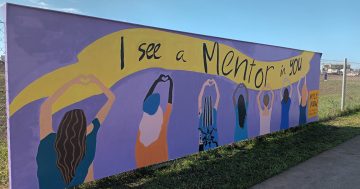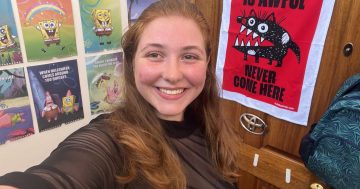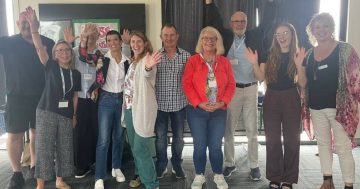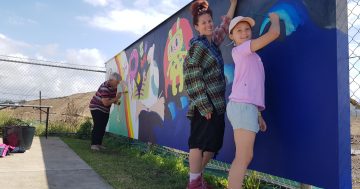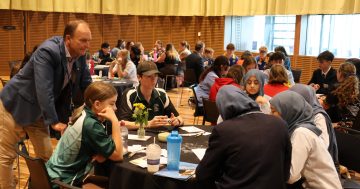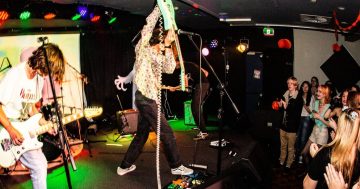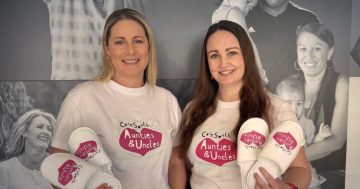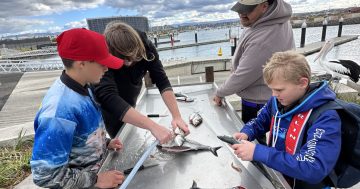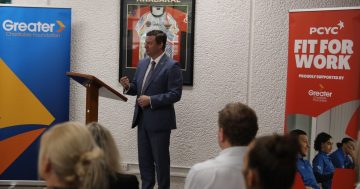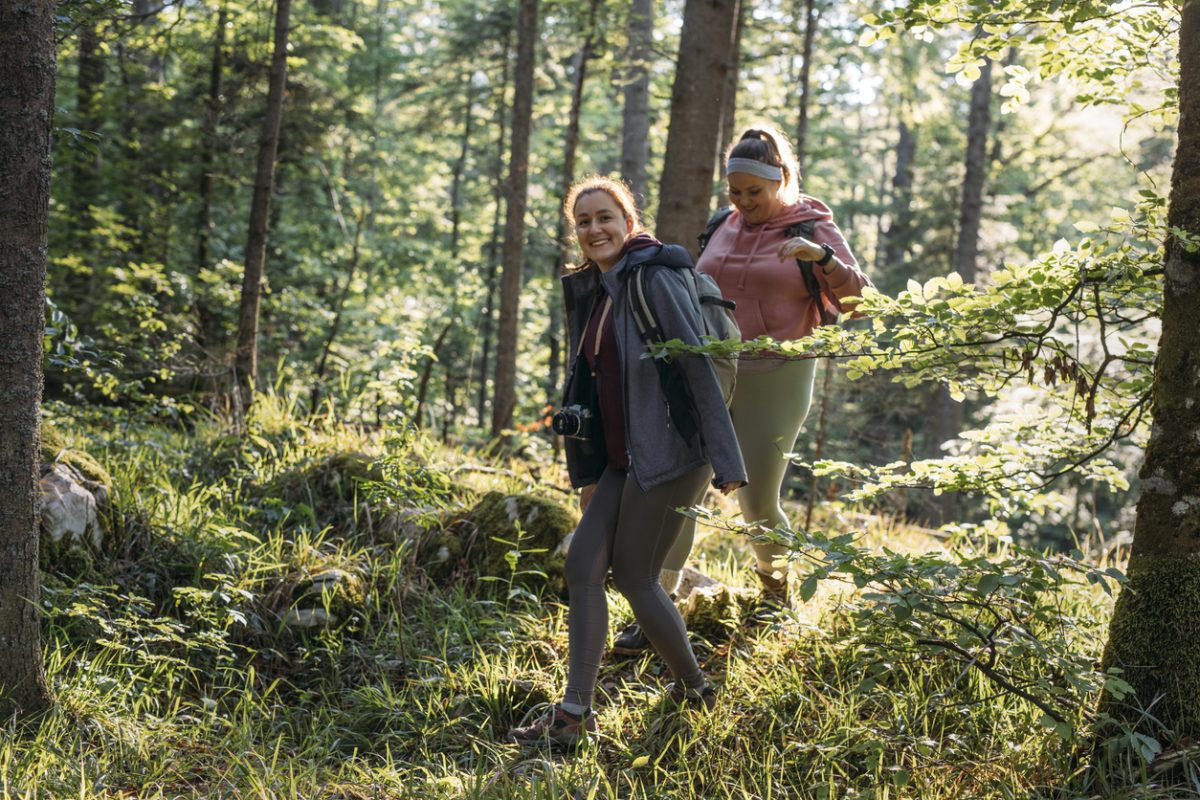
Women from all walks of life are called on to help guide young people in the Illawarra aged 10 to 17 on their journey to becoming strong adults. Photo: FreshSplash.
Young people in the Illawarra are looking for women – from all walks of life – to get in their corner and guide them through this crazy thing called life.
From university students to stay-at-home parents, retail workers to nurses, if you’re a woman aged 18 or over, live in the Illawarra and have a car and driver’s licence, you’re eligible for the program, which is run by YWCA Australia in partnership with Kids First Australia.
Throw in some soft skills, and a genuine desire to make a difference in a young person’s life, and you’re all but guaranteed success.
“A lot of people think you need corporate skills or a background in youth work or case management to be a mentor. In reality, you just need to be able to have a conversation and connect with another human, and leave any preconceived ideas or biases at the door,” Youth Frontiers Mentoring Program Coordinator Jennifer Rose says.
“In fact, the success of the program hinges on a broad range of experiences and backgrounds to ensure we have a pool of mentors that can be matched with diverse young people.”
The Youth Frontiers Mentoring Program links young people aged 10 to 17 years with a supportive female adult who can be a guide on their journey to becoming strong adults.
At any given time there are roughly 65 young people in the program, many of whom have had contact with the youth justice or child protection systems or have been flagged by schools as being at risk of disengagement.
Mentors must procure a Working With Children Check and criminal history check, and commit to about 52 hours a year. The rest is up to them.
“That’s another reason we get diverse mentors – people love the flexibility, because they can fit it around any schedule,” Jennifer says. “They can also choose the activities they do. For younger children it tends to be fun, recreational things they may not otherwise have the chance to do, and for older cohorts, it might be more help with applying for jobs or studying.”
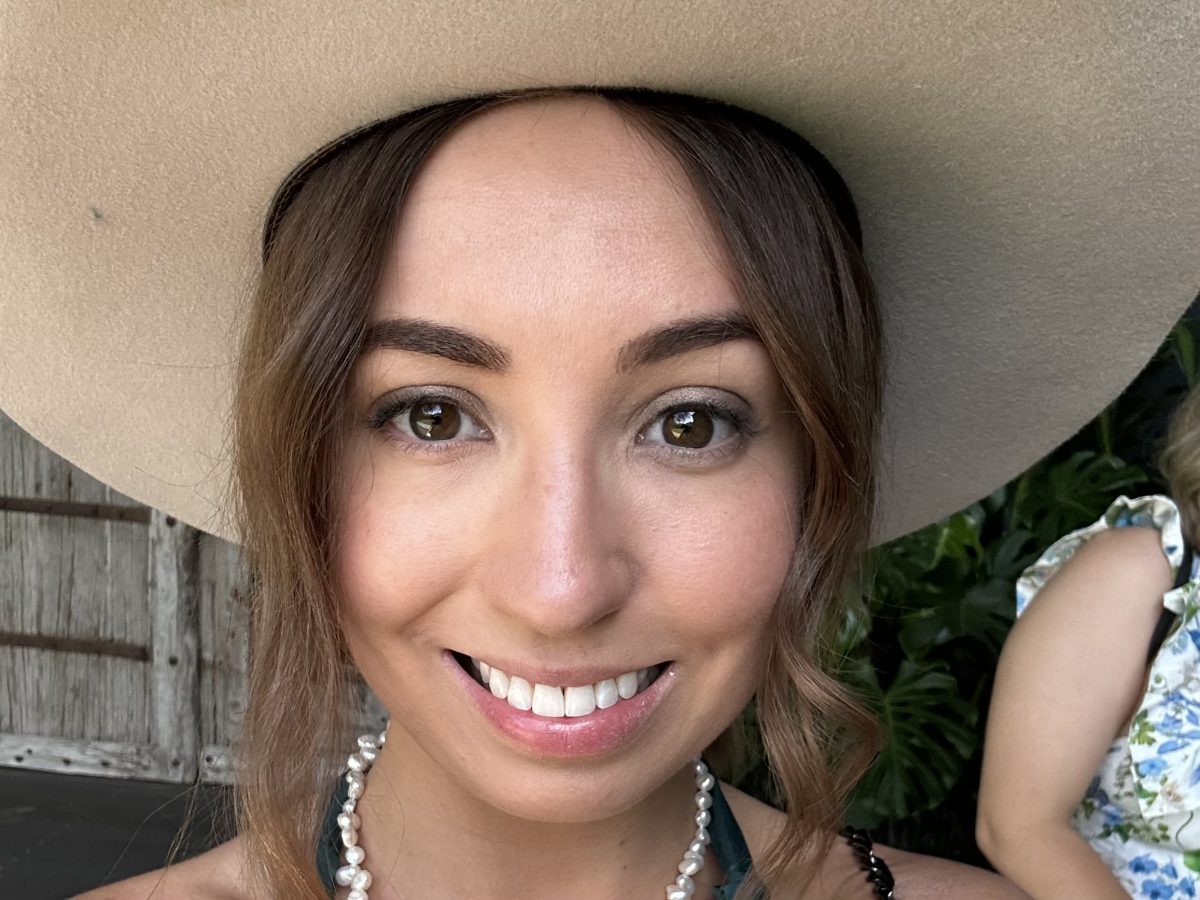
Alex Johnson has found her first experience with the program to be so rewarding, she’s back for a second time. Photo: Alex Johnson.
Jennifer says the program has yielded positive outcomes for youth mental health, particularly in children struggling with school attendance.
“Having an older person outside of their network, they’re able to have a conversation they don’t feel able to have with their parents. That adult guidance is so critical at that time in life,” she says.
The program, which was established through schools in 2015, was reshaped in 2021 to take an evidence-based approach, focusing on vulnerable priority cohorts.
Woonona’s Alex Johnson just completed her first year as a Youth Frontiers mentor and has signed up again.
She says the flexibility made it easy to fit around her full-time job and parenting commitments.
“My mentee and I met up every couple of weeks or so. Initially, it was about sorting out logistics but eventually, a relationship develops,” she says.
“For me, one of the hallmark moments was when my young person started reaching out to ask questions and advice. The questions were about anything from things going on in day-to-day life, relationships with other people, practical things about work and managing a household – all those things you need to bounce off someone who has life experience, when you’re just getting started in life and figuring things out.
“We really started to enjoy the time we spent together. Towards the end of this mentoring match, I couldn’t believe it had gone so quickly.”
Behind the scenes, YWCA does a lot of work to ensure good matches between mentors and mentees to maximise the chances of success.
The benefits are not one way, either.
“It has taught me patience – letting people take their time with things – and also gratitude. It’s so easy to sometimes get caught up in the struggles of your own day, until you connect with others and see what they’re experiencing, and you get a bit of much-needed perspective,” Alex says.
“It’s also really heartening when you start to see positive changes in a young person’s trajectory … My young person started out not thinking much about what was next for them. When they started talking about their career goals and their hopes for the future, I felt so proud of them. It’s rewarding to think maybe you contributed to that.
For more information visit the Youth Frontieres Mentoring Program.









